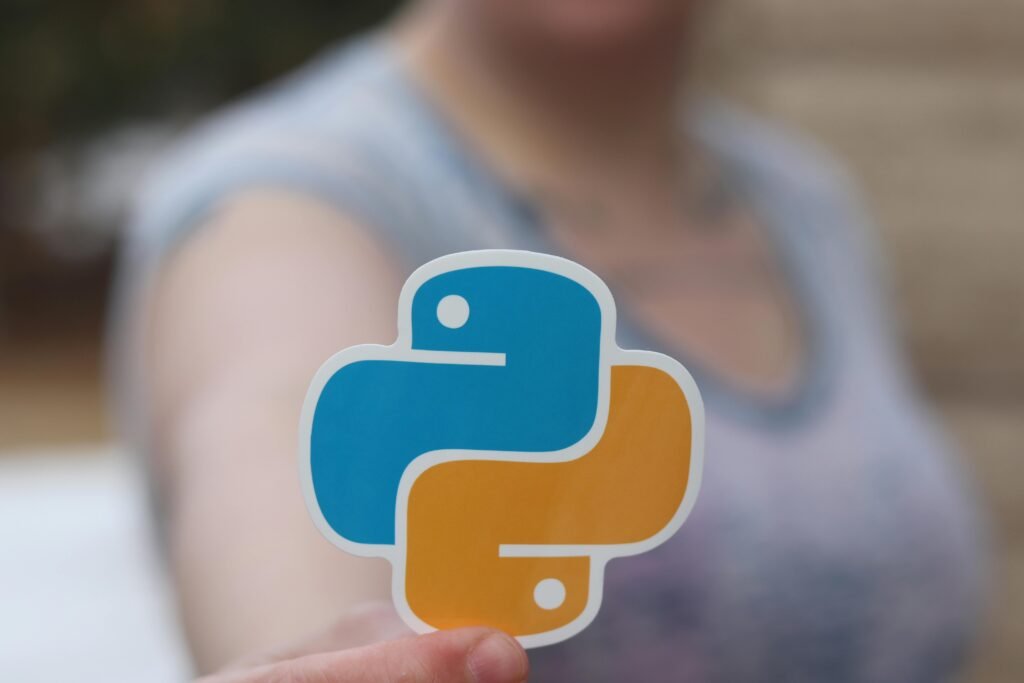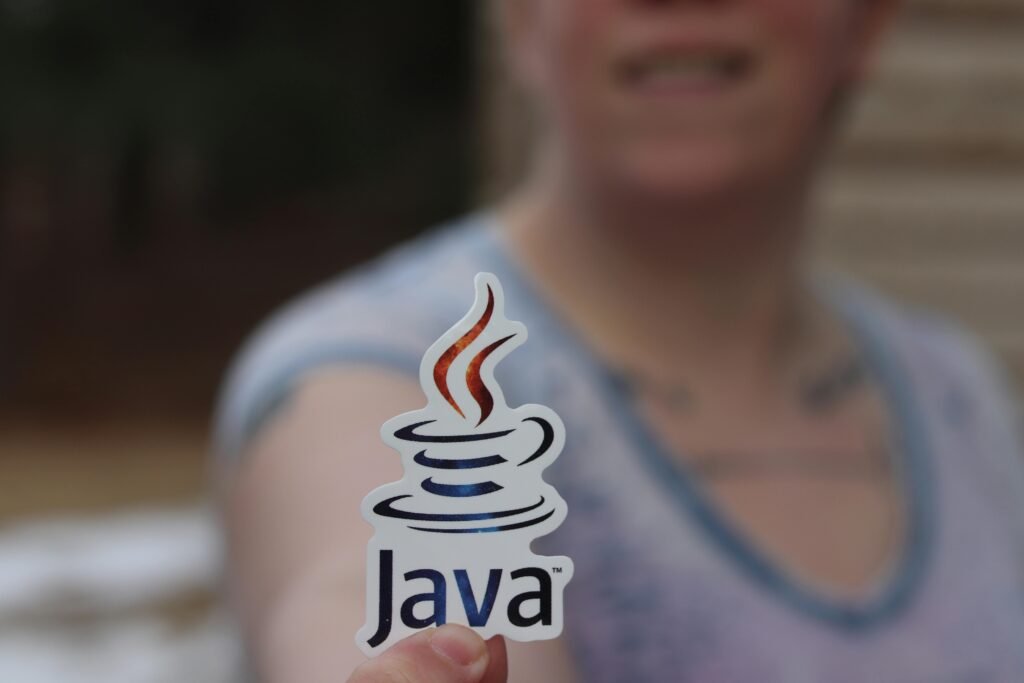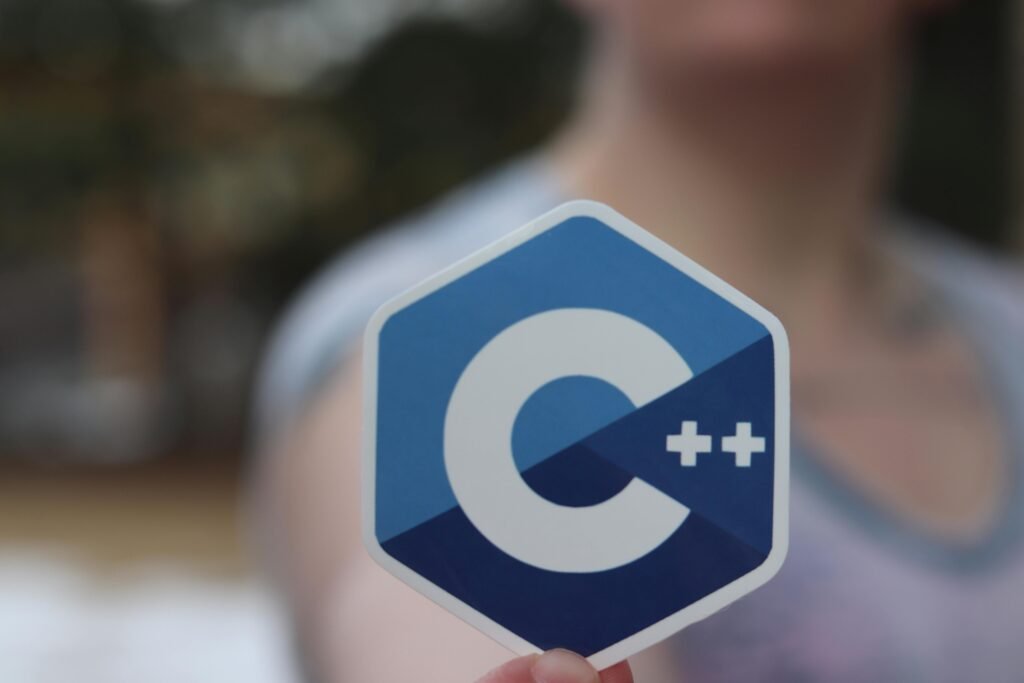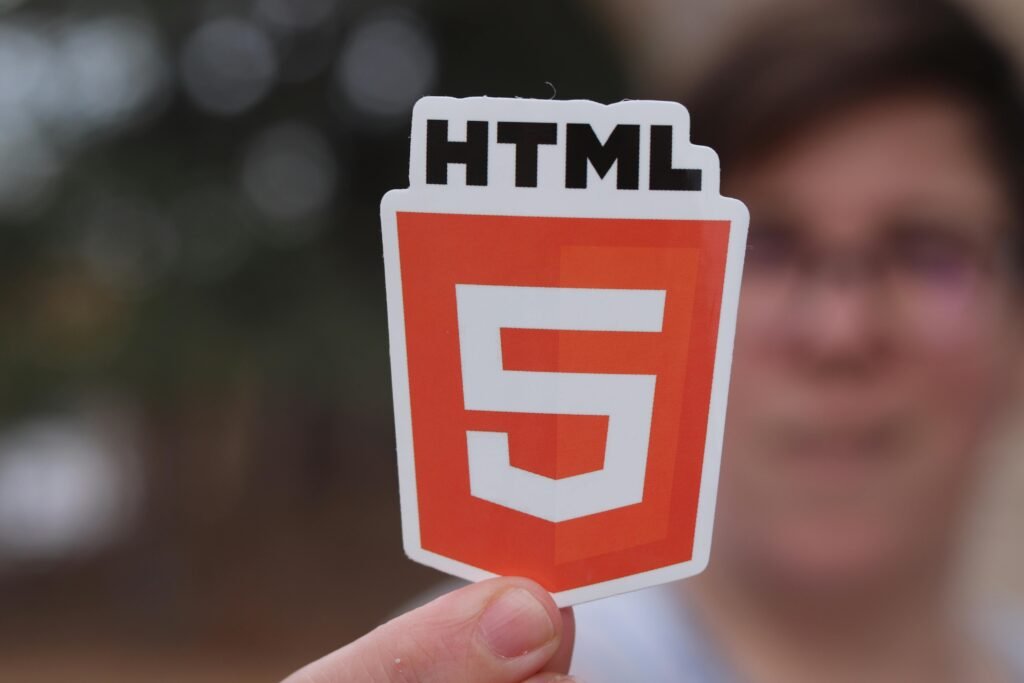As technology continues to evolve, the demand for skilled programmers remains high. The choice of programming languages you learn can significantly impact your career opportunities. Whether you’re an aspiring developer, a seasoned professional, or a tech enthusiast, staying ahead of trends is crucial. Here are the top 10 programming languages to learn in 2025, based on their industry demand, versatility, and future potential.
1. Python
Why Learn It?
Python remains a powerhouse in 2025 due to its simplicity, versatility, and wide range of applications. From web development to artificial intelligence (AI), Python is used in almost every tech domain.

Key Applications
- Data Science and Machine Learning
- Web Development (Django, Flask)
- Automation and Scripting
2. JavaScript
Why Learn It?
JavaScript dominates the web development space and is essential for creating dynamic, interactive websites. Its ecosystem continues to expand with powerful frameworks and libraries.

Key Applications
- Front-End Development (React, Angular, Vue.js)
- Back-End Development (Node.js)
- Mobile Development (React Native)
3. Rust
Why Learn It?
Rust has grown significantly, known for its performance and memory safety without a garbage collector. It’s a top choice for system-level programming and is increasingly adopted in web assembly and blockchain.
Key Applications
- System Programming
- Game Development
- Blockchain
4. Go (Golang)
Why Learn It?
Go is praised for its simplicity, efficiency, and scalability, making it a favorite for building cloud-based applications and microservices.
Key Applications
- Cloud Computing
- Server-Side Development
- DevOps Tools
5. Kotlin
Why Learn It?
Kotlin is the preferred language for Android development and is gaining traction in web and server-side development. Its interoperability with Java makes it a seamless choice for Java developers.
Key Applications
- Android App Development
- Web Development
- Cross-Platform Applications
6. TypeScript
Why Learn It?
TypeScript, a superset of JavaScript, offers better type-checking and scalability, making it the go-to choice for large-scale web applications.
Key Applications
- Front-End Development
- Back-End Development
- Enterprise Applications
7. Swift
Why Learn It?
Swift is Apple’s preferred language for iOS and macOS development. Its modern syntax and performance make it a must-learn for aspiring app developers.
Key Applications
- iOS App Development
- macOS App Development
- Cross-Platform Tools (SwiftUI)
8. C++
Why Learn It?
C++ continues to be vital for performance-critical applications like game development, operating systems, and real-time simulations.

Key Applications
- Game Development
- Embedded Systems
- High-Performance Applications
9. R
Why Learn It?
R is a powerful language for statistical computing and data visualization. It’s indispensable for data analysts and researchers in academia and industries alike.
Key Applications
- Data Analysis
- Statistical Computing
- Machine Learning
10. SQL
Why Learn It?
While not a conventional programming language, SQL remains crucial for data management. The rise of big data and database-centric applications ensures its relevance.
Key Applications
- Database Management
- Data Analysis
- Backend Integration
How to Choose the Right Language?
Consider Your Goals
- Web Development: JavaScript, Python, TypeScript
- Mobile Development: Swift, Kotlin
- AI and Data Science: Python, R
- System Programming: Rust, C++
Explore Industry Trends
Emerging fields like AI, blockchain, and cloud computing dictate the demand for specific languages. Stay updated on market needs.
Start with Versatility
Languages like Python and JavaScript offer broad applications, making them ideal starting points for beginners.
11. HTML
Why Learn It?
HTML (HyperText Markup Language) remains the backbone of web development. It’s essential for creating the structure and content of web pages, and its compatibility with CSS and JavaScript ensures its relevance.

Key Applications
- Web Development
- Email Templates
- User Interface Design
Conclusion
Choosing the right programming language depends on your career goals and the industries you aim to work in. Versatile languages like Python and JavaScript are excellent starting points for beginners, while specialized languages like Rust and Kotlin can open doors to niche fields like blockchain or mobile development.
By mastering one or more of these top programming languages in 2025, you’ll position yourself to thrive in a competitive and fast-changing tech industry. Remember, the key to success is continuous learning and staying updated with industry trends.

